Taking a peek on a journey into the landscape of digital privacy, a major concern is dogging the internet. Brennen Schlueter, a leading voice from Aleo, a platform dedicated to privacy-focused infrastructures, voiced a potential solution: Zero-knowledge proofs (ZK-proofs), popularly associated with enhancing blockchain scalability.
These ZK-proofs offer a fascinating possibility. Picture a scenario where a user could prove their eligibility to access a service (for example, getting into a bar) without exposing any unnecessary personal details such as their exact age or identity. This is precisely what ZK-proofs aim to do: let relevant information pass from one party to another while keeping the rest under wraps.
In Schlueter's view, the original architecture of the internet left user privacy as an afterthought as data exchanges and custodies become the norm, the risk of privacy breaches soars. ZK-proofs, according to him, are the antidote to this escalating issue, poised to redefine privacy protocols not only for Web3 but for the entirety of the internet.
This shift can create a much friendlier environment for developers and data custodians. The constant tug of war between ensuring privacy and optimizing user experience could be mitigated by ZK-proofs, essentially reworking how we structure the internet.
Tiancheng Xie, CTO of Polyhedra, a platform powered by ZK, also suggests these proofs could provide AI tools with enhanced privacy and censorship-resistant capabilities.
The transformative potential of Zero-knowledge proofs could bring a much-needed balance to the privacy issue currently shadowing the internet. Their widespread use could create a digital world where users' personal data is protected by design, not an afterthought, setting a new course for the future of the internet.
Zero-knowledge proofs could potentially revolutionize internet privacy, allowing data security from the start and optimizing user experience without sacrificing privacy.










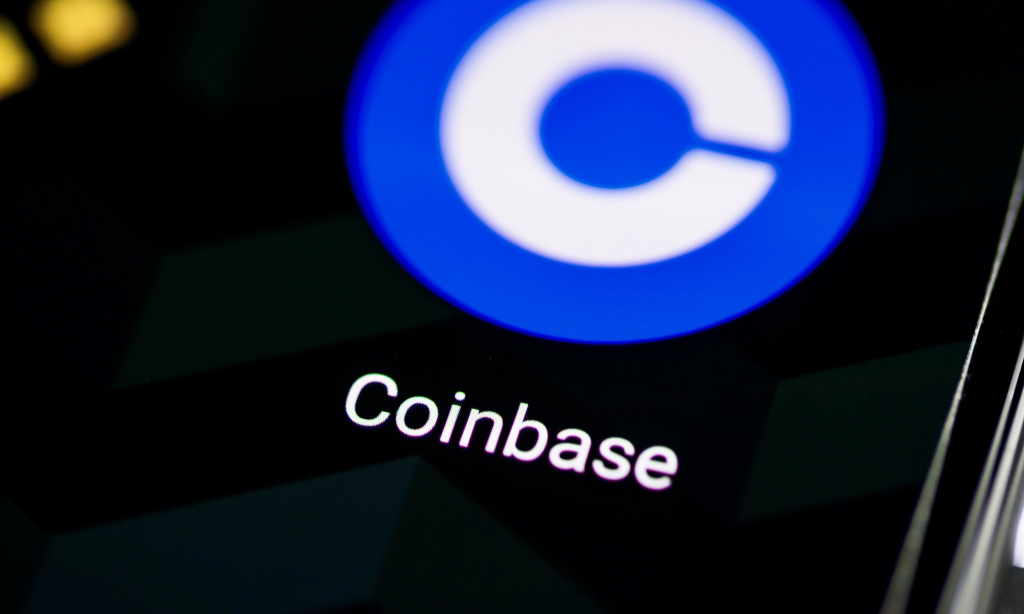


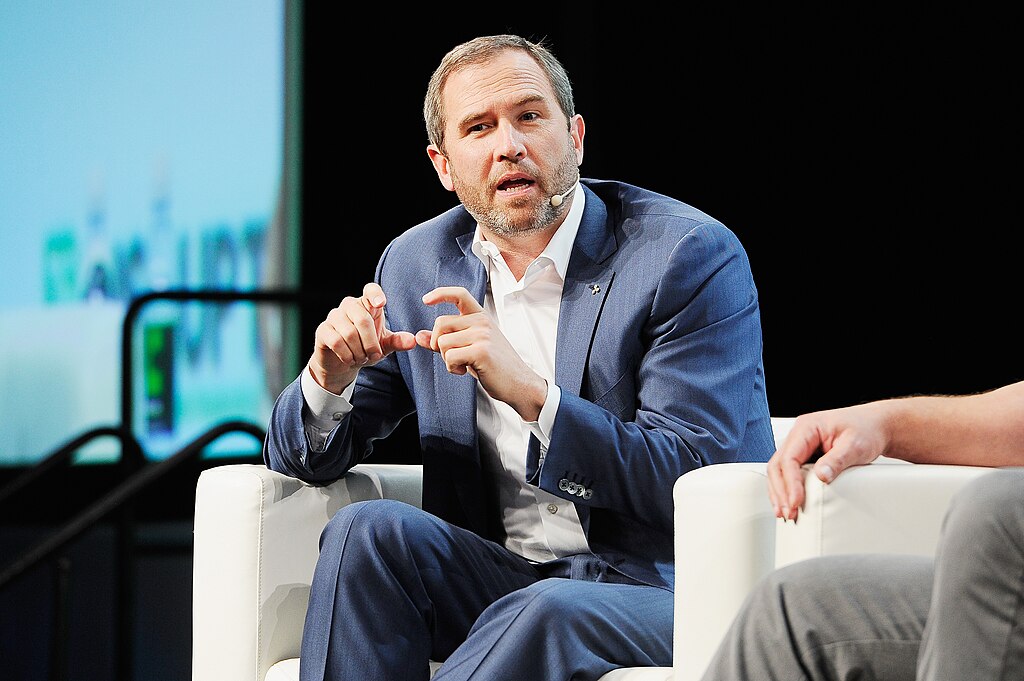
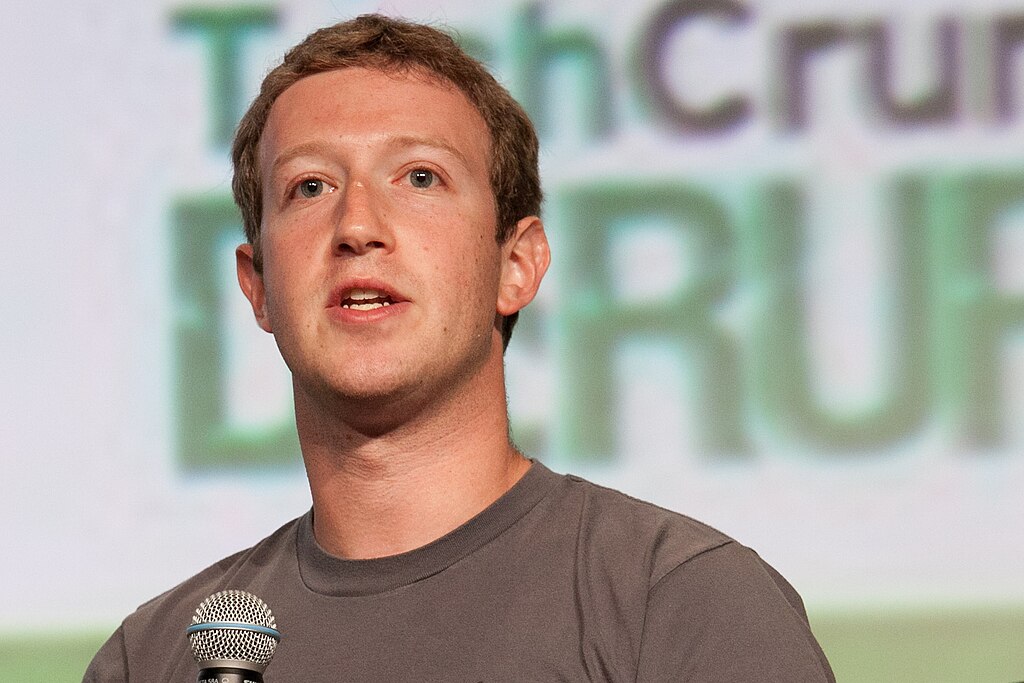




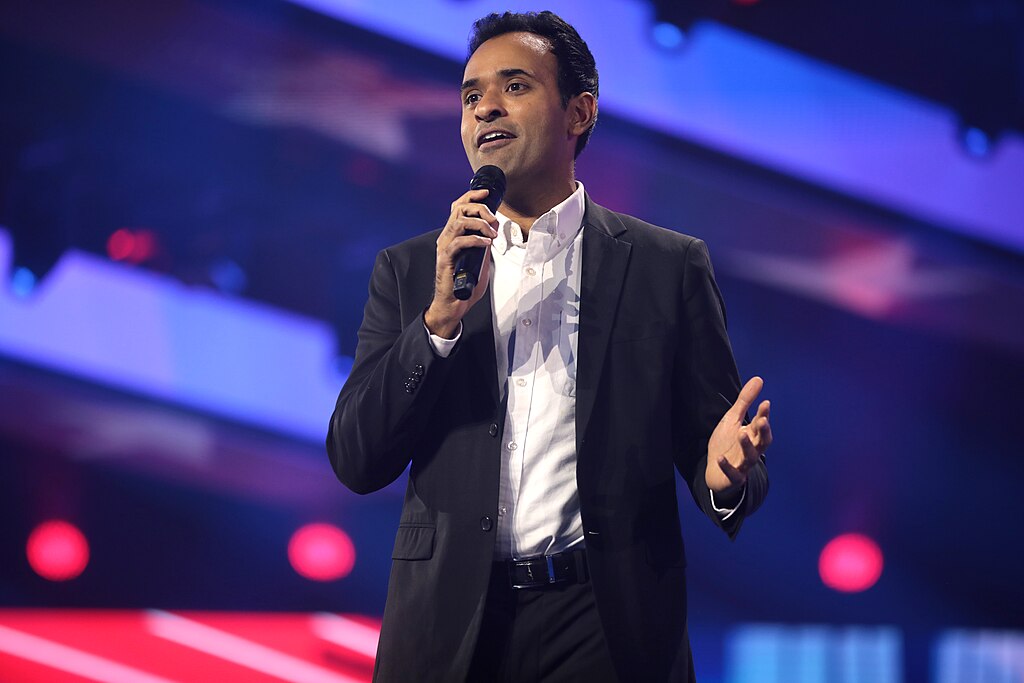

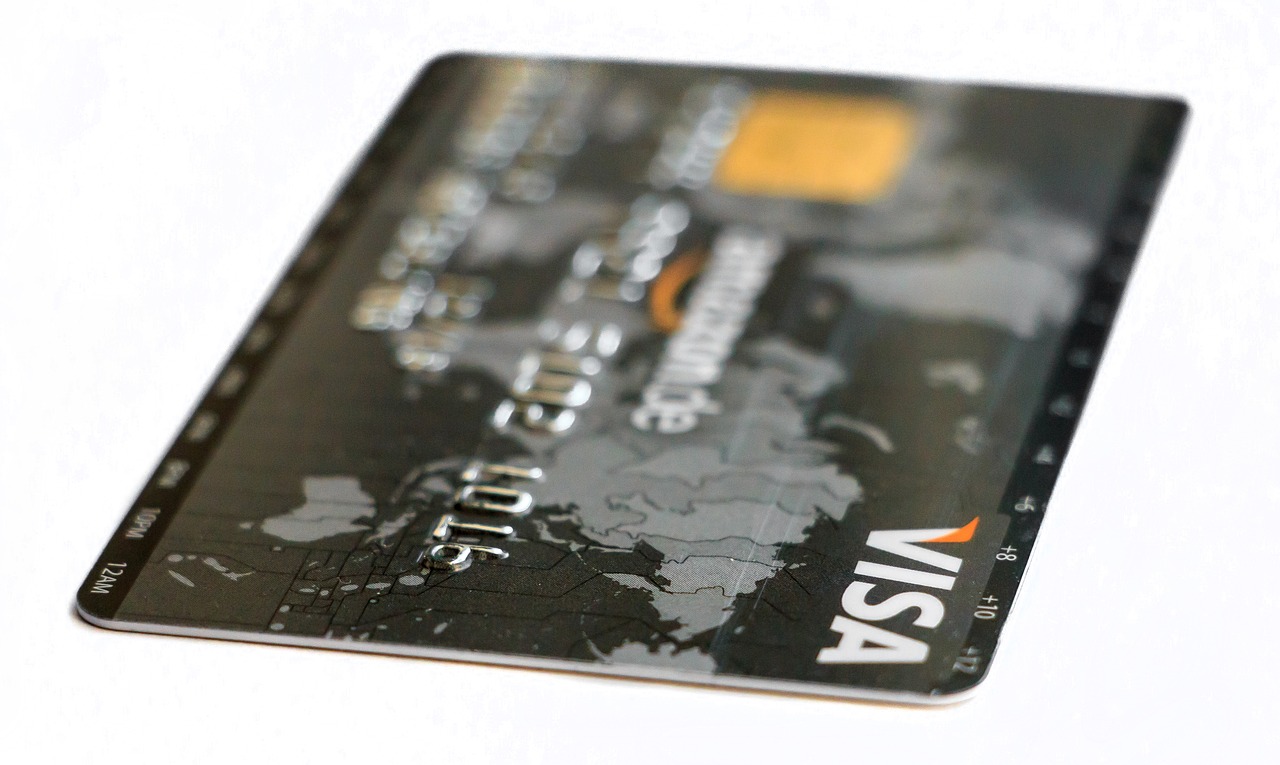
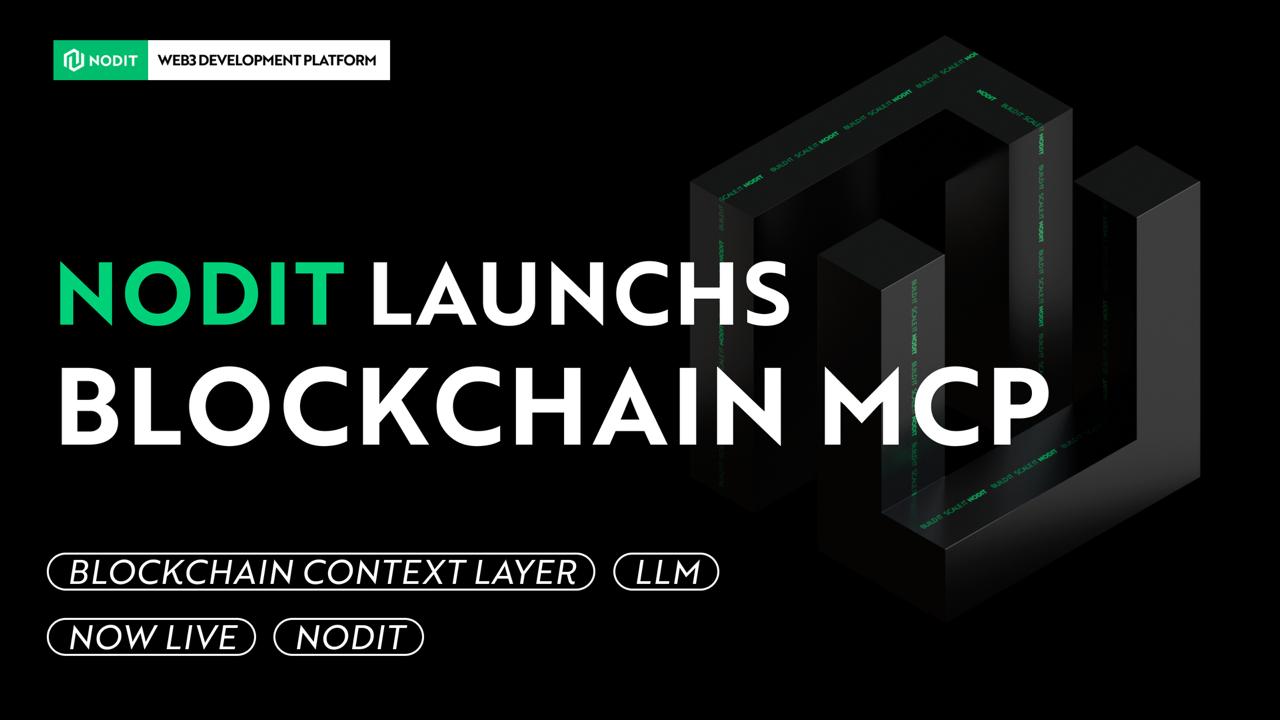


Comment 0